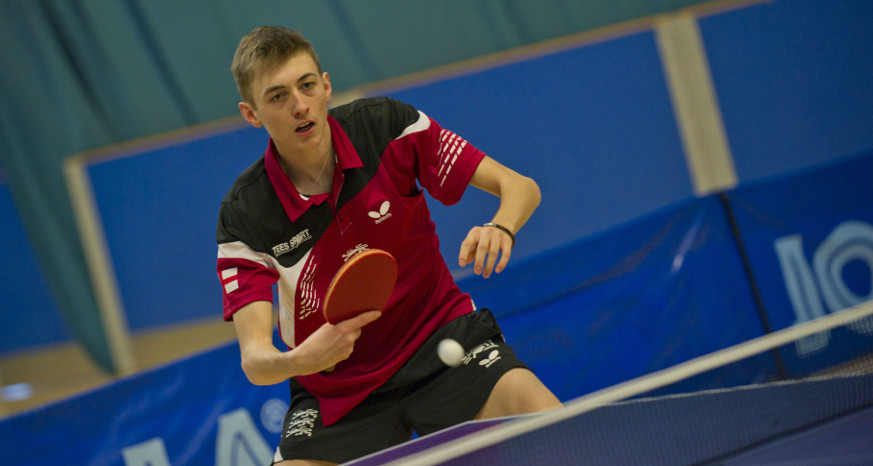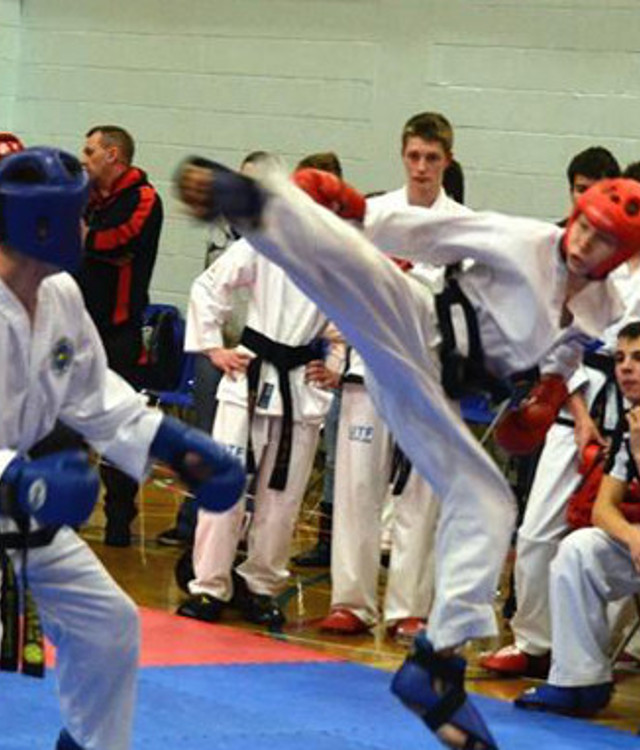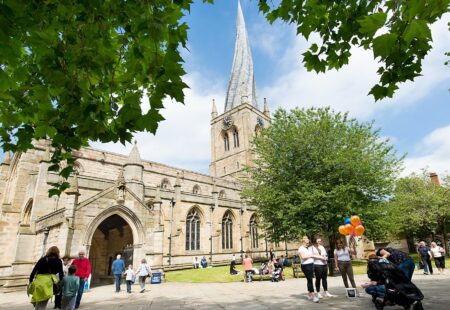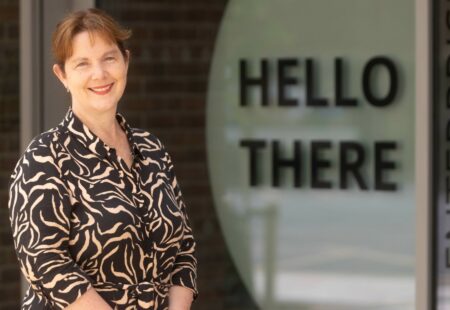£80k boost to help young people get active
Young people across Derbyshire will have the chance to try a range of sports and activities thanks to an £80,000 boost which has been awarded to sports clubs and providers.
A total of 76 projects have been awarded a share of the funding which will see new sessions run in a huge variety of sports and activities, with everything from aerobics, boxercise, tennis, cricket and netball, to climbing, American football, dance and martial arts on offer.
The funding has come from Sport England’s Lottery-funded London 2012 legacy project Sportivate, which in Derbyshire is co-ordinated locally by Derbyshire Sport.
The programme aims to give more young people aged 11 to 25 the chance to discover a sport that they love, offering those who do not currently take part in sport and physical activity between six and eight weeks of free or subsidised coaching.
Once the course has finished, those involved will also be supported to continue playing sport.
Projects will take place across the county, including in Amber Valley, Bolsover, Chesterfield, Derby, the Derbyshire Dales, Erewash, High Peak, North East Derbyshire and South Derbyshire.
Funding will be used to pay for new equipment, coaching, facility hire and training.
Lewis Adams, Sport Development Officer with responsibility for Sportivate at Derbyshire Sport, said: “Since its launch six years ago more than 10,000 young people across Derbyshire have taken part in sporting activities funded through Sportivate.
“This latest round of funding will allow lots more new and exciting activities to be kick-started and continue to help sports clubs and organisations to recruit new participants and get more young people active.”
To find out what Sportivate sessions are available in your area please contact Lewis Adams, Sport Development Officer at Derbyshire Sport by emailing lewis.adams@derbyshire.gov.uk.
The application process for a further round of Sportivate funding is due to open in August. Applications will be particularly welcomed from projects with a specific focus on inactive young people, women and girls, disabled young people, those aged between 19 and 25, and young people who are not currently in education, employment or training.




